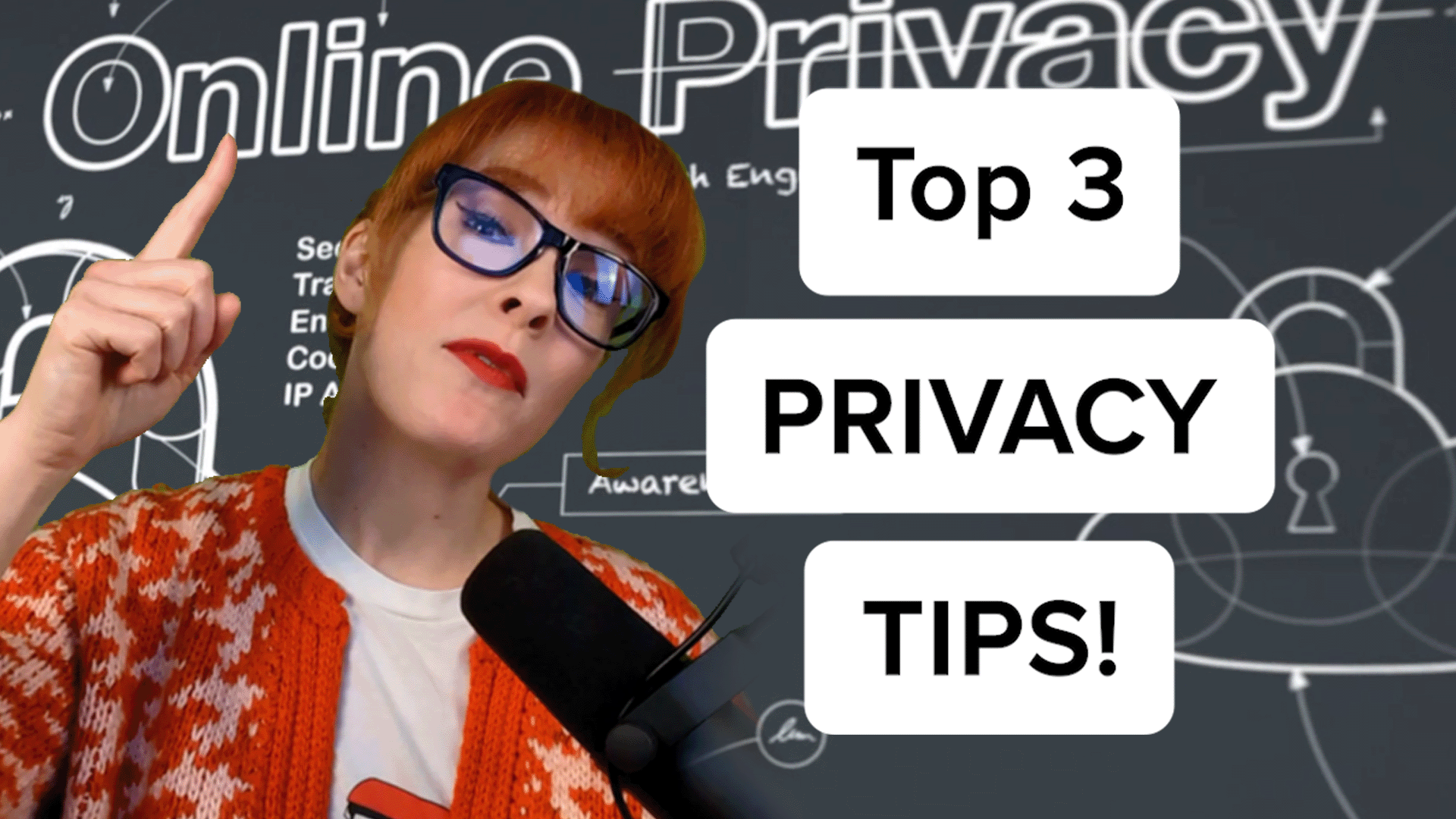3 Quick Privacy Tips
This week’s short sketch looks at 3 easy steps you can take to beef up your privacy.
It’s aimed at beginners, and providing basic first steps they can take to improve their privacy online.
These are products and services that I use, but if you have other recommendations please share them with the community in the comments!
(As always, none of the products and services mentioned are sponsors, we don’t have any sponsors for our content: We’re a non-profit educational platform funded entirely by donations.)
Quick Tips:
Use a more private browser.
Here is a great open-source guide to choosing a browser. On this list, Brave, Libre Wolf, and Mullvad browsers seem to perform the best. Brave is my go-to of choice, but all of those options are great.
Some people recommend Firefox, but I don’t for beginners because it requires you to tweak a bunch of setting in order to get the same default privacy protections that the other browsers have automatically. If you like tweaking though, then that can be a good choice too.
Popular browsers like Chrome and Edge are bad for privacy. While browsers like Brave go out of their way to try to stop people tracking your online activity, Chrome and Edge don’t provide these same protections for 3rd-party tracking, but they also collect a LOT of information about you themselves.
Use a more private search engine.
Don’t use search engines like Google, Yahoo, or Bing. They LOVE collecting information about you. Many of these search engines will be the default built in to your browser’s URL bar. You can change your default search engine in your browser settings to something far more private.
As well as being a browser, Brave also offers a search engine, and it doesn’t collect all your information like Google does. Brave Search, which is the default search engine in the Brave Browser, is what I mainly use for searches.
I also use Startpage.com for some searches. It’s like a private front end for Google, and gives you Google search results without Google data collection. Here’s a guide to some other good search engines you might consider. (It’s due for an update, but includes many great options that will be better than Google.)
Use a VPN.
The main use case of a VPN is to hide your IP address from the websites you visit. Your IP address works kind of like a proxy for your physical location these days, so it’s something you don’t want to hand out to every website you interact with. Using a VPN makes it look like your traffic is coming from a VPN’s server instead.
Keep in mind your VPN provider will still know which sites you visit, so make sure you choose a good one that respects your privacy. I like Mullvad and Proton VPN, as they’re generally highly regarded by the security community.
Be careful not to just download ANY VPN from the app store: Many of them are scams and actively logging your keystrokes. We did a whole deep dive here. Stick with the well-vetting ones.
Summary:
Just implementing these 3 tips will go a LONG way to making you more private when you use the internet. You’ll find long-form tutorials about all of these topics on our channel, plus more steps you can take to reduce your digital footprint.
We have 2 very different kinds of video content, depending on your attention span! They’re uploaded on completely different platforms
Long-form, around 15 mins:
- Mini-documentaries
- Deep-dive technical explainers
- TutorialsAvailable on the NBTV YouTube channel, NBTV LBRY channel, and a bunch of other platforms.
Short-form, less than 1 min:
- Sketches
- “Quick Tip” videos.
Available on Instagram, TikTok, Privacy Tips LBRY channel, NBTV Shorts YouTube channel, and a bunch of other platforms.If you find our tips useful, please spread the word!
If you find our tips useful, please spread the word! Thanks for your support!
NBTV. Because Privacy Matters.
Yours in privacy,
Naomi

